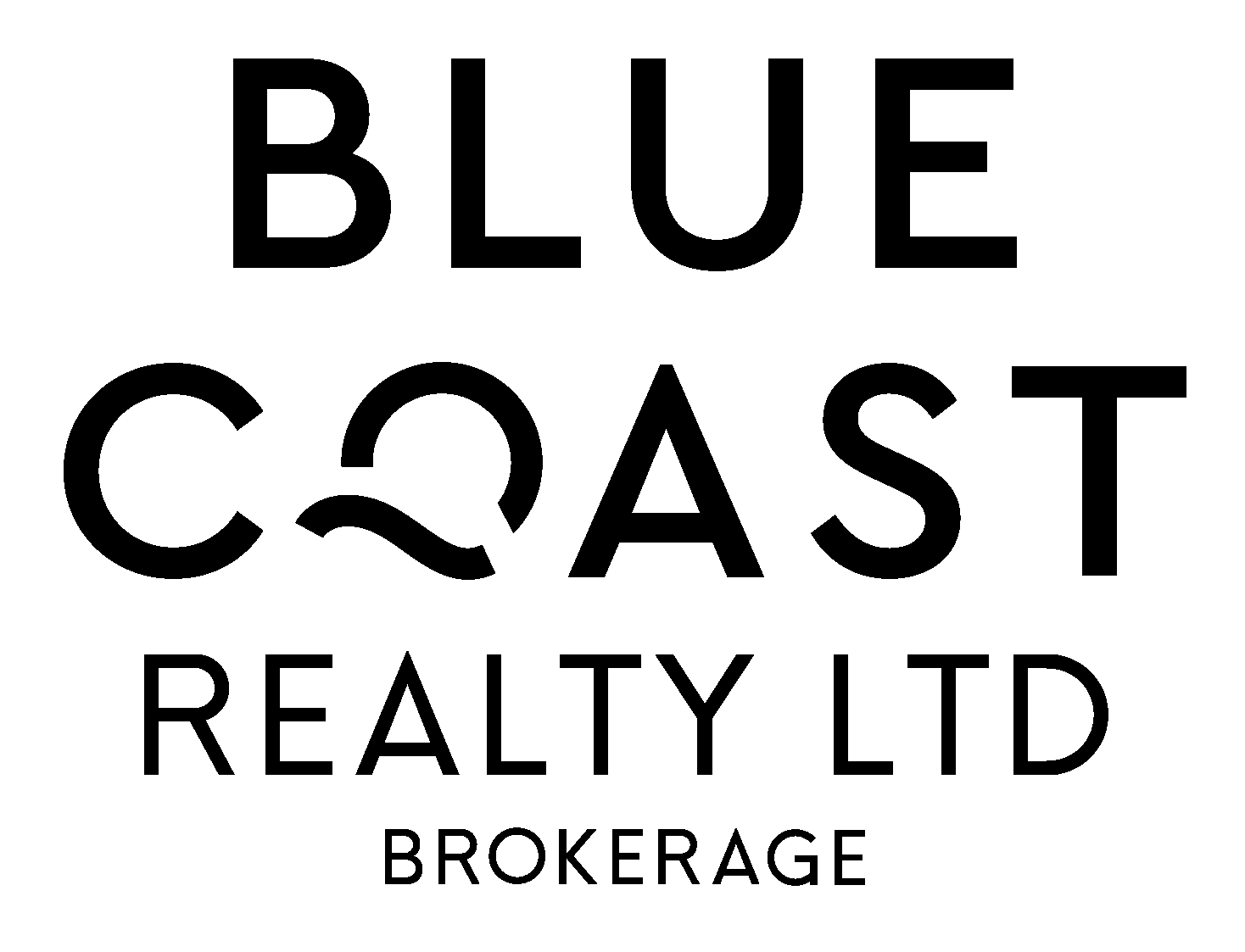
It's time to delve into an essential aspect of the home-buying process that often goes overlooked: locking in your interest rate. This step can significantly impact your financial future, especially in the fluctuating economic landscape of Ontario.
Understanding Interest Rates
Firstly, let's understand what an interest rate is. In simple terms, it's the cost you pay for borrowing money, typically expressed as a percentage of the loan amount. When you're buying a home, securing a mortgage means you're borrowing money, and the interest rate determines how much extra you'll pay back over the life of your loan.
The Importance of Locking in Your Rate
Now, why is locking in your interest rate so crucial? Interest rates are like the weather in Ontario - unpredictable. They can rise or fall based on various economic factors, including inflation, the state of the economy, and decisions made by the Bank of Canada.
By locking in your rate, you essentially freeze the current interest rate for a set period. This move protects you against potential increases in rates in the near future. Imagine locking in a rate today, and tomorrow, the rates climb. If you've locked in, you're already saving money compared to those who waited.
How to Lock In Your Rate
So, how do you lock in an interest rate? It's a straightforward process. When you apply for a mortgage, your lender will typically offer the option to lock in the rate. This means that for a specified period, usually between 60 to 120 days in Ontario, your interest rate won't change, regardless of market fluctuations.
What Happens If Rates Change?
Here's an interesting aspect: if interest rates drop after you've locked in, you're not necessarily stuck with the higher rate. Many lenders offer a "float down" option, allowing you to adjust to a lower rate if it becomes available. This flexibility ensures that you benefit from the best possible rate.
Questions to Consider
When considering locking in your interest rate, ask yourself:
- How long do I plan to stay in this home? Longer stays might benefit more from a locked-in rate.
- What is the current economic forecast? Understanding market trends can help you make a more informed decision.
- What are the terms of the rate lock? Always understand the duration, costs, and conditions associated with your rate lock. Ask your lender.



